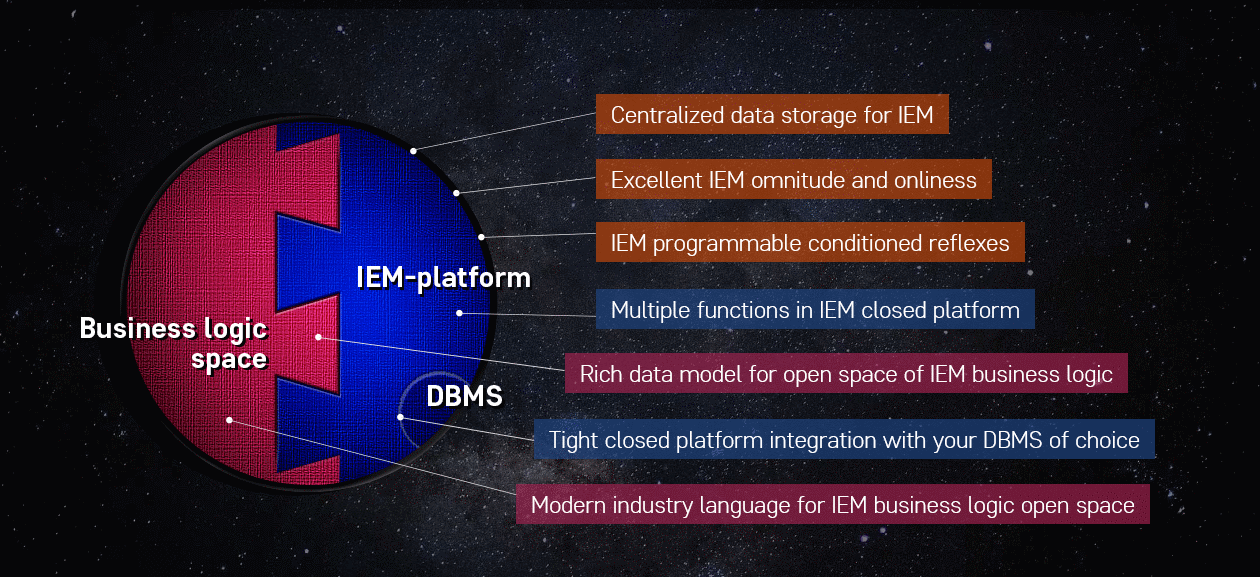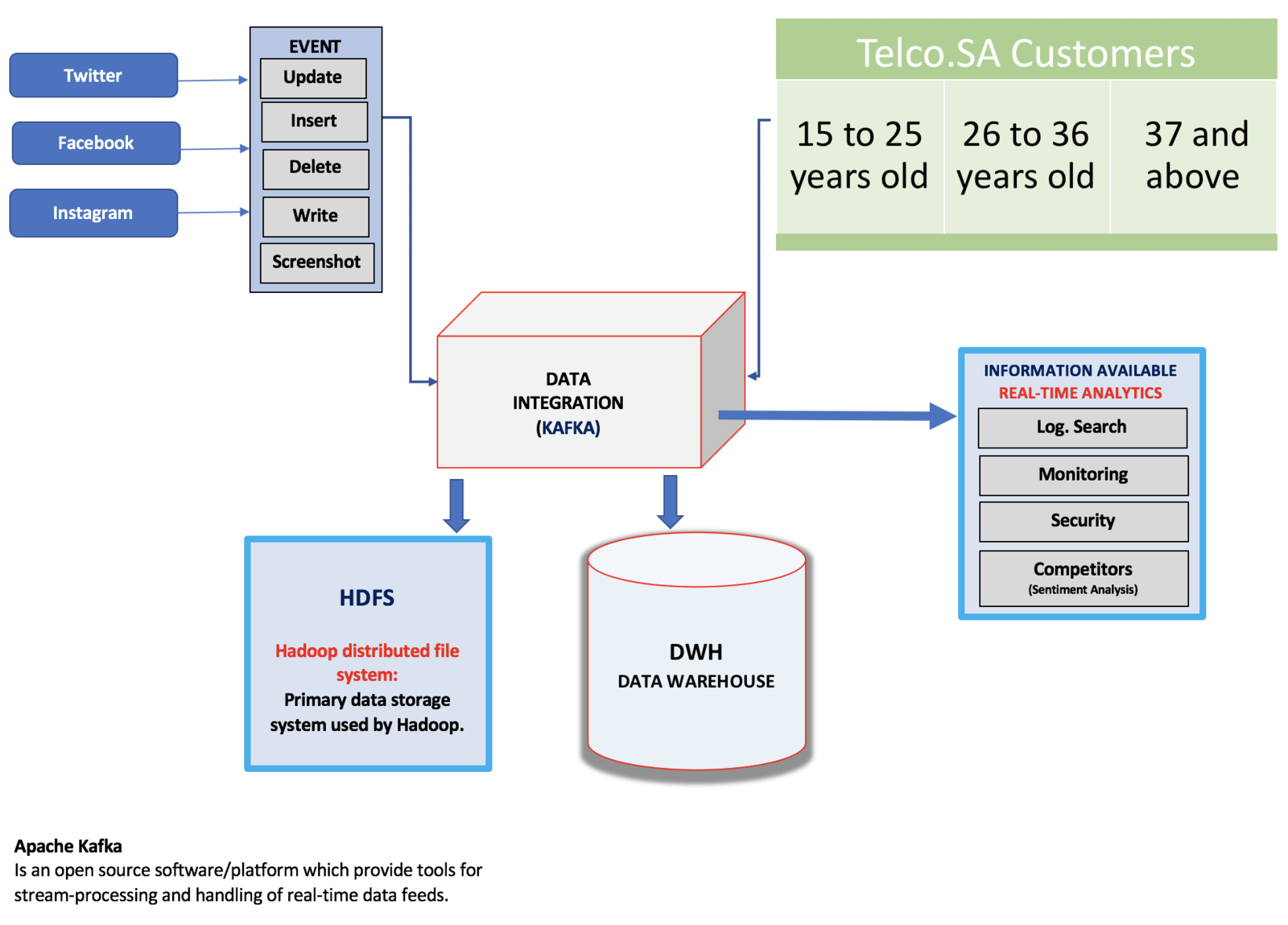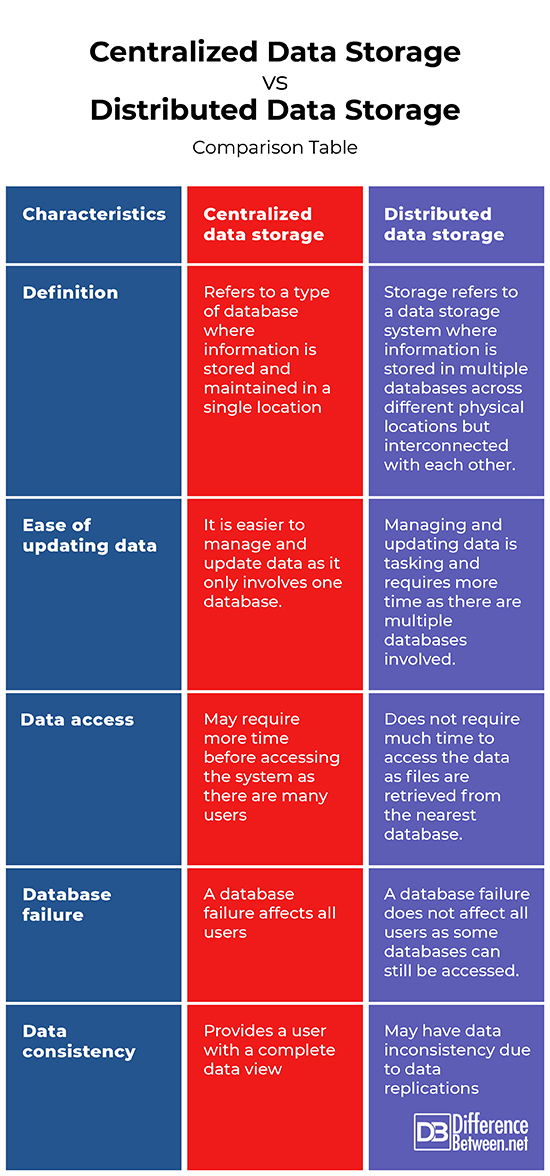Difference Between Centralized Data Storage and Distributed Data Storage
Data storage is one of the most essential components in business, governance and even people’s lives. Most successful businesses have organized data storage systems that are secure and ensures easy retrieval of information when need be. Information such as accounting records, policies and human resource data, just to mention a few need to be stored secure system that protects against losses and theft and one with a reliable recovery process. Efficient data storage also saves space and is also cost-effective as opposed to storing data in files or a computer. While there are many data storage options, centralized and distributed data storage are among the most common ways that data can be stored. While both ensure the safe and efficient storage of information, they have differences as outline in this article.

What is Centralized data storage?
This is a type of database where information is stored and maintained in a single location. The data is also modified and managed in a single database, which can be a centralized computer or a database system. The database is accessible via an internet connection such as LAN.
The characteristics of centralized data storage include:
- One central unit- The server enables communication with all stakeholders.
- Presence of a global clock- Since the entire system consists of a server, all information connects with the global clock.
- Dependent failure of all components- Since the system is dependent on a single database, all systems cannot be accessed when the server has hitches.
Advantages of a centralized data system include:
- It increases the integrity of data since it can be managed in a consistent system
- It is more secure since data is stored in one place
- It is easy to coordinate and access data since it’s stored in a central location
- It is cheaper to maintain
- It has less data redundancy as it reduces the chances of data distribution
- The data is easily portable
- It is inexpensive compared to other data storage methods
- It takes less time to retrieve data since it is stored in one location
Centralized data system has disadvantages including:
- In an instance where a system error occurs, the entire data can be destroyed
- It may hinder the completion of work when the system is down
- It may cause issues when all users want to access the data at the same time

What is Distributed data storage?
This is a data storage system where information is stored in multiple databases across different physical locations but interconnected with each other. As such, the stored data can be managed independently. However, communication is done through a computer network.
Distributed data storage is characterized by:
- The lack of a global clock since such a system has different clocks that they follow
- Multiple servers or central units
- Independent failure of components meaning that a system failure in one location does not affect the entire system
Advantages of distributed data storage include:
- Since data is spread across physical locations, it can be easily expanded
- It can be accessed from many networks
- It is more secure
- It has a high-performance capability as the system load is spread over the multiple nodes
Disadvantages include:
- Due to its complexity, it is difficult to maintain
- It is more costly
- It may difficult to detect which node has failed hence may take longer to be rectified
Similarities between Centralized data storage and Distributed data storage
- Both enhance the storage, management and easy retrieval of data
Differences between Centralized data storage and Distributed data storage
Definition
Centralized data storage refers to a type of database where information is stored and maintained in a single location. On the other hand, distributed data storage refers to a data storage system where information is stored in multiple databases across different physical locations but interconnected with each other.
Ease of updating data
It is easier to manage and update data in a centralized data storage as it only involves one database. On the other hand, managing and updating data in a distributed data storage is tasking and requires more time as there are multiple databases involved.
Data access
While centralized data storage may require more time before accessing the system as there are many users, distributed data storage does not require much time to access the data as files are retrieved from the nearest database.
Database failure
A database failure in centralized data storage affects all users. On the other hand, a database failure does not affect all users as some databases can still be accessed.
Data consistency
Centralized data storage provides a user with a complete data view. On the other hand, distributed data storage may have data inconsistency due to data replications.
Centralized data storage vs. Distributed data storage: Comparison Table

Summary of Centralized data storage vs. Distributed data storage
Centralized data storage refers to a type of database where information is stored and maintained in a single location. On the other hand, distributed data storage refers to a data storage system where information is stored in multiple databases across different physical locations but interconnected with each other. Seeing that these two have their pros and cons, it is important to evaluate an organization’s data storage needs before leaning on one. However, it is important to have a data storage system that enhances the storage, management and easy retrieval of data.
- Difference Between Profit Center and Investment Center - July 2, 2022
- Difference Between Anti-Trust and Anti-Competition - June 6, 2022
- Difference Between Stocktaking and Stock Control - June 6, 2022
Search DifferenceBetween.net :
Leave a Response
References :
[0]Dr. DK Sukhani. MCS-043: Advanced Database Management Systems. MeetCoogle Publishers. https://books.google.co.ke/books?id=s707DwAAQBAJ&pg=PT14&dq=Difference+between+centralized+data+storage+and+distributed&hl=en&sa=X&ved=2ahUKEwiM8pSOwvjtAhXwxoUKHUvxCcYQ6AEwAHoECAAQAg#v=onepage&q=Difference%20between%20centralized%20data%20storage%20and%20distributed&f=false
[1]Christian Rehtanz. Autonomous Systems and Intelligent Agents in Power System Control and Operation. Springer Science & Business Media, 2003.https://books.google.co.ke/books?id=r18TcJtTkTAC&pg=PA28&dq=Difference+between+centralized+data+storage+and+distributed&hl=en&sa=X&ved=2ahUKEwiM8pSOwvjtAhXwxoUKHUvxCcYQ6AEwAXoECAIQAg#v=onepage&q=Difference%20between%20centralized%20data%20storage%20and%20distributed&f=false
[2]Qi Luo. Advances in Wireless Networks and Information Systems. Springer Science & Business Media, 2010. https://books.google.co.ke/books?id=lNl3zEumW4EC&pg=PA459&dq=Difference+between+centralized+data+storage+and+distributed&hl=en&sa=X&ved=2ahUKEwiM8pSOwvjtAhXwxoUKHUvxCcYQ6AEwAnoECAMQAg#v=onepage&q=Difference%20between%20centralized%20data%20storage%20and%20distributed&f=false
[3]Image credit: https://commons.wikimedia.org/wiki/File:Data_Integration_(KAFKA)_(Case_3).png
[4]Image credit: https://upload.wikimedia.org/wikipedia/commons/2/24/Iemarch.png
